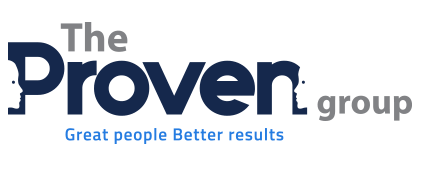The landscape of employment is transforming swiftly, driven by emergent technologies, a diversifying workforce, and evolving work methodologies. To excel in their professional lives, individuals must adapt to these shifts, recognising that the jobs of tomorrow may look vastly different from those of today.
Essential Trends to Watch in the Future Workplace
- Automation and Artificial Intelligence (AI) Ascension: The workplace is being reshaped by automation and AI, with numerous roles being enhanced or replaced by these technologies. This necessitates employees to embrace upskilling and reskilling to remain pertinent in the job market.
- Expansion of Gig Economy: An increasing number of people are opting for roles as freelancers, contractors, or on-demand workers. This demands a readiness to adapt to a more autonomous and flexible work style.
- Escalating Skill and Knowledge Requirements: Staying competitive in the job market now more than ever requires continual learning and skill development. Risk-taking and experimenting with new ventures is also vital.
- Need for Adaptability and Agility: The rapidly changing nature of work calls for employees to quickly adjust to market shifts, technological advancements, and evolving customer needs.
Additional Challenges for Today’s Workforce
- Talent Scarcity: A growing skills gap, partly due to automation and an aging workforce, is leading to talent shortages in various sectors. Employees should be ready to vie for positions and consider relocating for opportunities.
- Mental Health Considerations: The rise in work-related mental health issues means employees must prioritise their mental well-being and seek support when necessary.
- Diversity, Equity, and Inclusion (DE&I) Focus: Embracing a diverse and inclusive workplace and confronting unconscious biases is increasingly important in today’s business landscape.
Preparing for the Future Workplace
- Stay Informed: Keep abreast of the latest trends and technological impacts, including those from automation, AI, and the gig economy.
- Skill and Knowledge Development: Continuously acquire new skills that will support you staying ahead of the market. Consider what areas you and your team need to upskill in to support you in meeting your startegic objectives.
- Flexibility and Adaptability: Be prepared to learn new things, undertake different responsibilities, and adapt to varying work environments.
- Networking: Cultivate a strong professional network and actively engage with industry peers.
- Mental Health Maintenance: Prioritise mental health through adequate rest, regular exercise, and a balanced diet. Consider strategies both within the workplace and outside which will support your wellbeing.
- Embrace Change: Accept the evolving nature of work and be ready to adapt to new working methods.
By understanding these trends and challenges and proactively developing necessary skills and attitudes, employees and businesses can navigate and excel in the future workplace.
As mentioned above, when you take on a partner to support your HR needs, there needs to be extreme alignment in culture and values. You work very closely together and want to ensure that the approach and suggested solutions proposed by your HR partner support your approach to business and people.
Embarking on HR outsourcing is a strategic decision that can bring substantial benefits to your business. Success depends on comprehensive planning, effective communication, and a collaborative relationship with your outsourcing partner. The strategies we’ve discussed are part of our everyday practice, ensuring that we can assist with both your reactive HR needs as well as strategically supporting your business growth.
Interested in learning more about HR outsourcing? Schedule a meeting with our team or contact us now!


